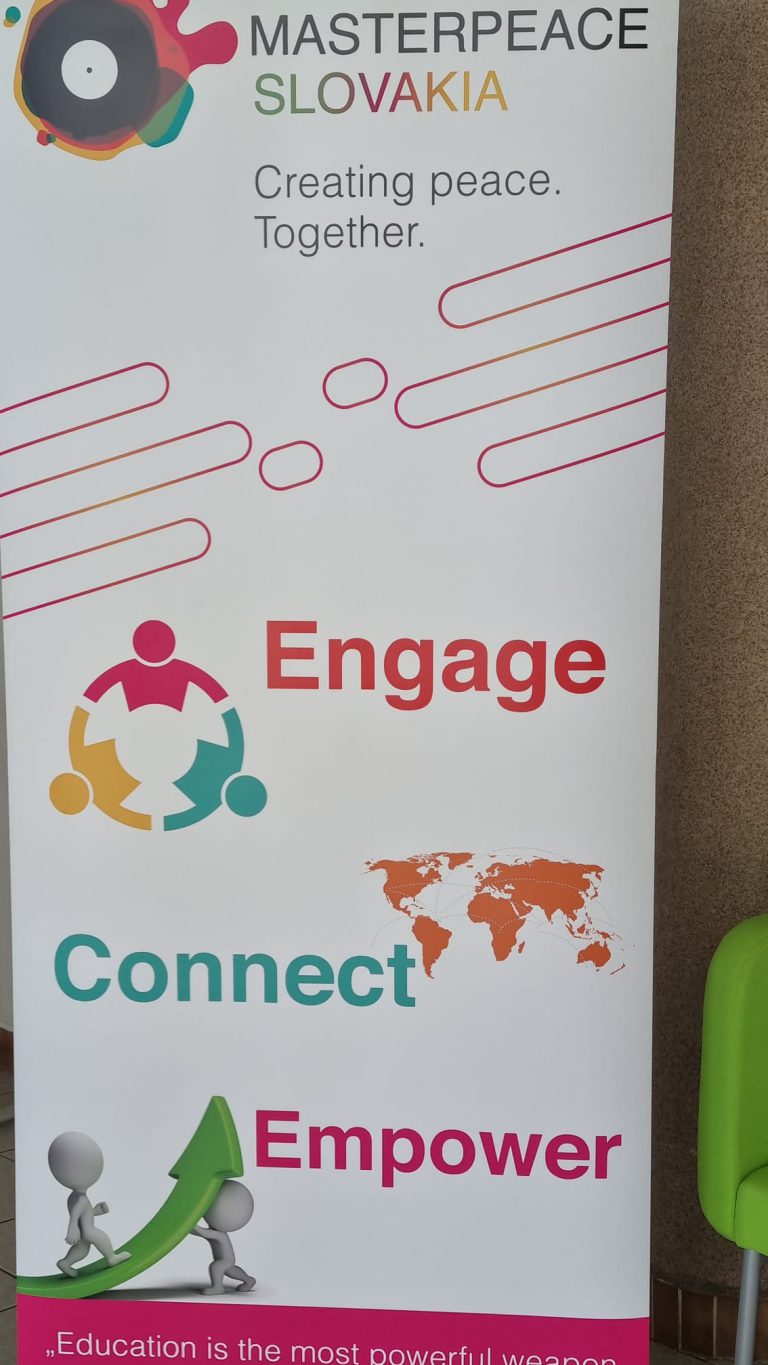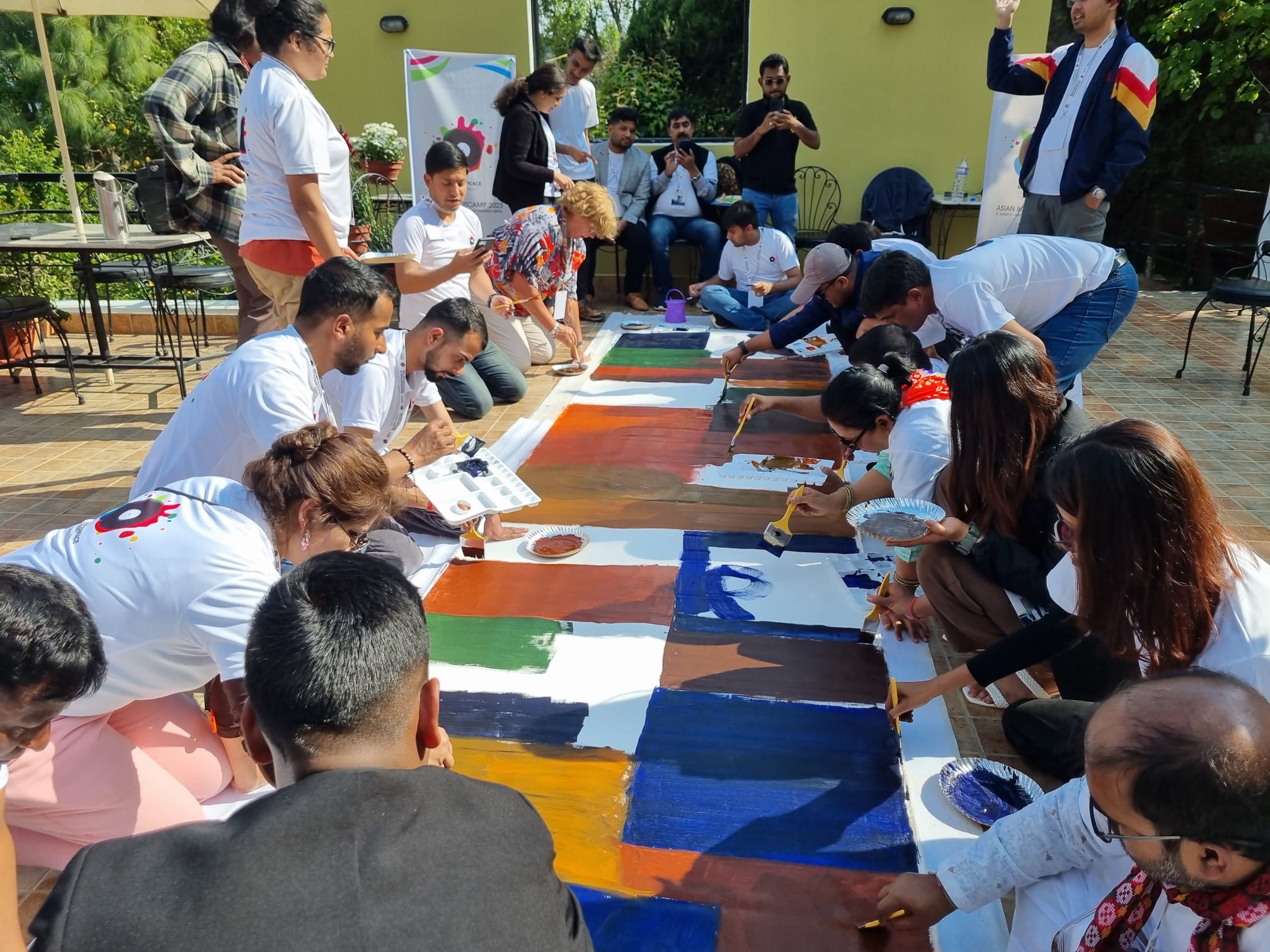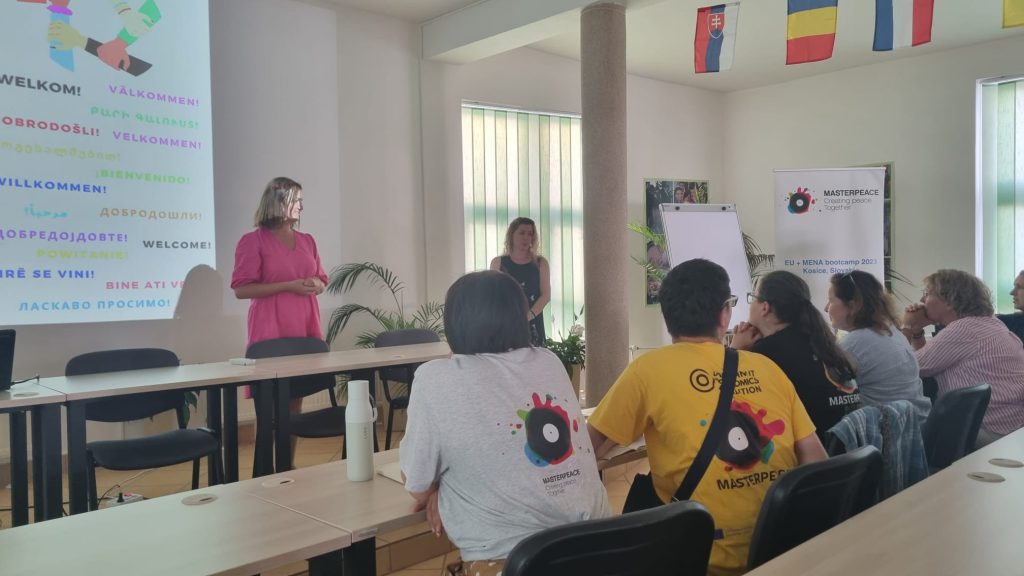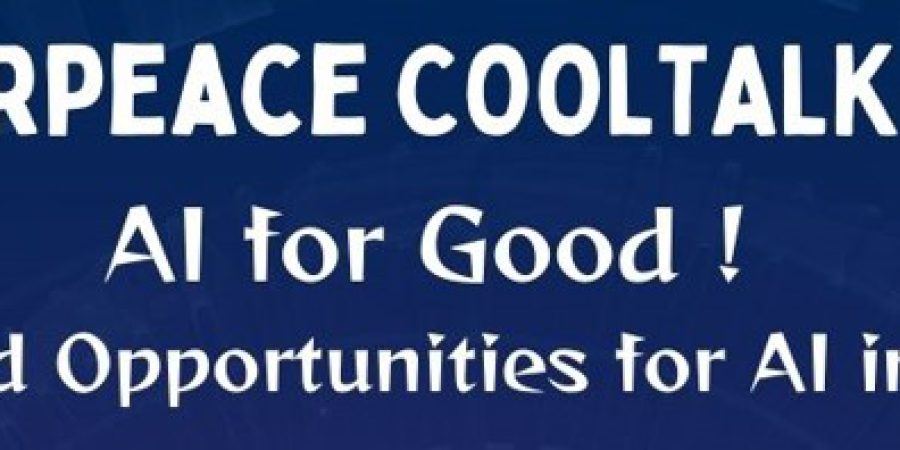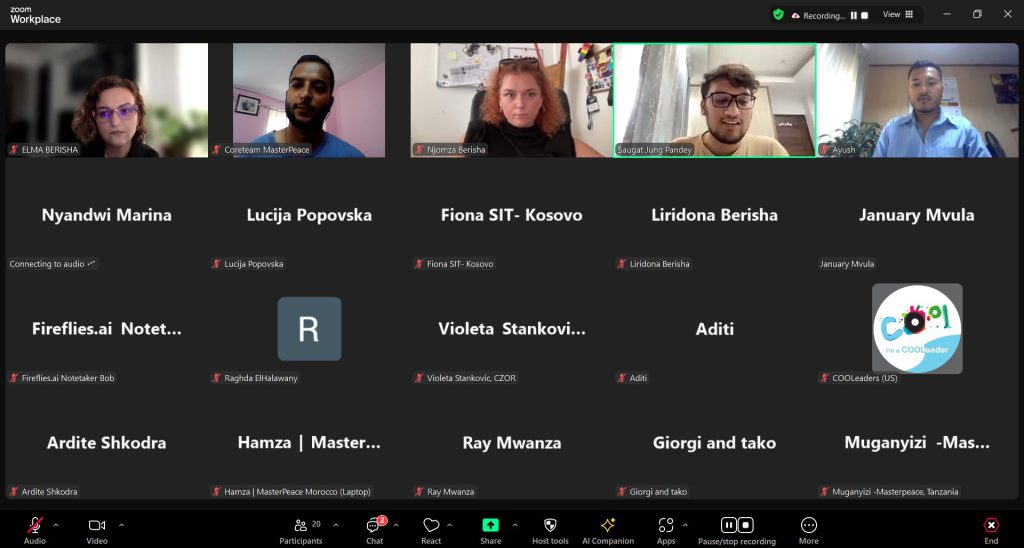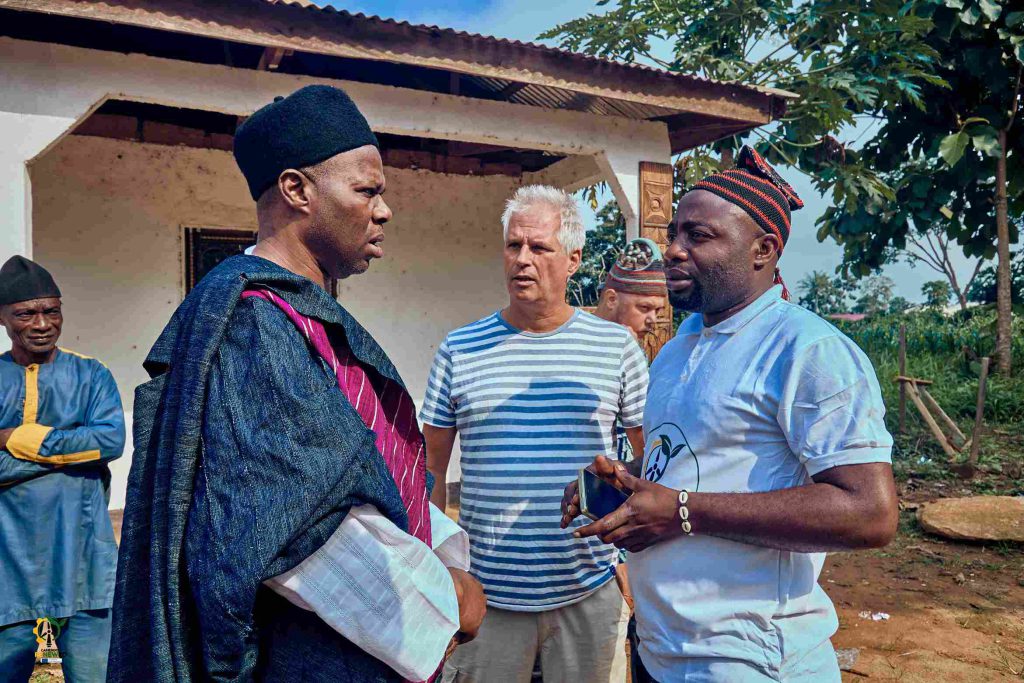Middle Income Trap and MasterPeace Role
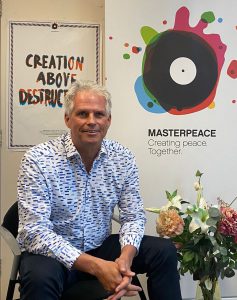
Aart Bos
MasterPeace Global
Never waste a good crises is a known saying. That the word crisis come from the meaning of crossroads is not so well known. Let’s dive into the crossroads that the World Bank shows in the great research paper (June 2024) on transitions in Middle-Income Countries.
The title of the report : Middle Income Trap” triggered me to write this article to discover the impact of their analyses on the strategy of MasterPeace Foundation and our licensed networks in 40+ countries
The 108 middle-income countries with incomes per capita between US$1,136 and US$13,845 aim to reach high-income status within the next two or three decades. When assessed against this goal, the record is dismal: the total population of the 34 middle-income economies that transitioned to high-income status since 1990 is less than 250 million, the population of Pakistan.
So, the key question is, what do societies in middle-income countries need to scale, what can we do as NGOs, and especially what can MasterPeace do to accelerate?
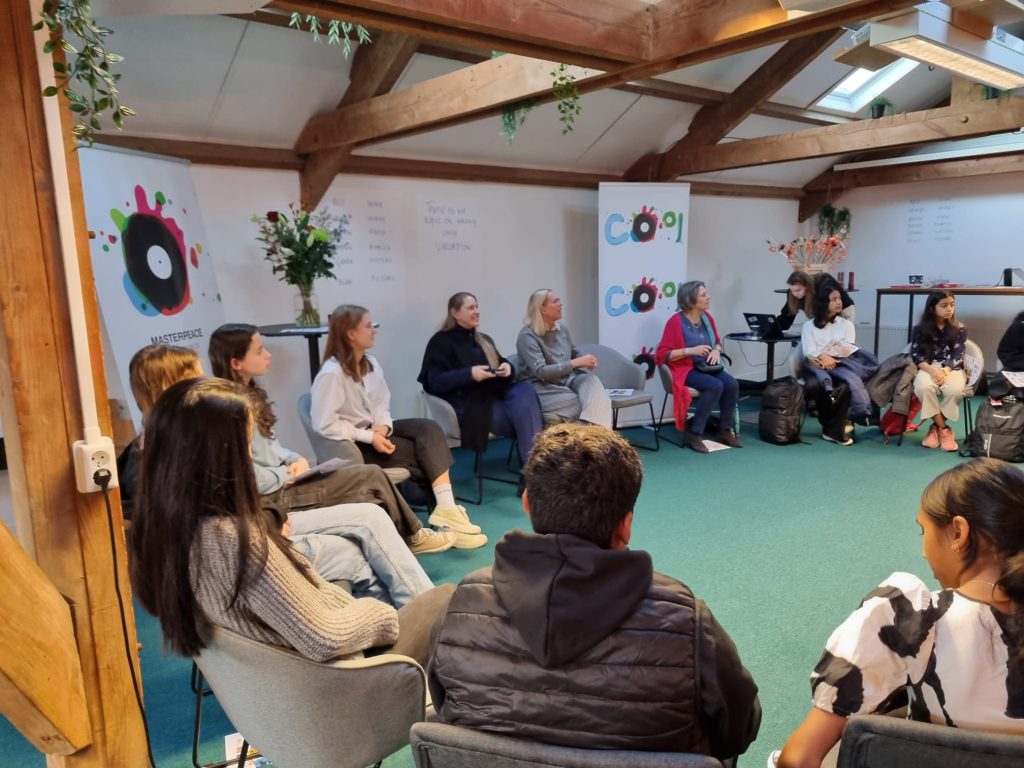
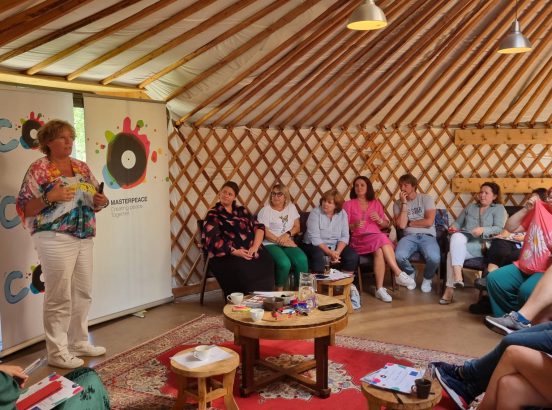
The World Bank Analyses relevant to the MP Strategy and ambition in brief:
Countries with weaker institutions and especially those with lower levels of economic and political freedom are susceptible to slowdowns at even lower levels of income:
=> MasterPeace works on positive action to engage youngsters as active citizens and boost democratic values. Our approach of using the Arts and Sports (“Artivism”) to bring youngsters and communities together is a proven best practice worldwide.
- Successful middle-income countries will have to engineer two successive transitions to develop economic structures that can eventually sustain high-income levels. The first transition is from a 1i strategy for accelerating investment to a 2i strategy focusing on both investment and infusion in which a country brings technologies from abroad and diffuses them domestically—a process broadly applicable to lower-middle-income countries. The second transition is to switch to a 3i strategy, which entails paying more attention to innovation—a process more applicable to upper-middle-income countries:
=> Via our networks we are an enabler of knowledge transfers and build local capacity via our local teams and train- the trainer model on for example renewable energy as explained in our story as Driver of transformation in Cameroon “ https://masterpeace.org/bridge-builders-to-drive-transformation-in-cameroon/)
- Foreign trade and investment are in danger of becoming constricted by geopolitical tensions, and populism is shrinking the room for governments to act:
=> We believe in 8 billion talents. Based on our theory of change to ”engage, connect and empower” youngsters we are in 40+ countries the bridge builder that puts dialogue above judgments.
- Accelerating climate action will require large investments in infrastructure and regulatory reforms that may stall productivity
=> Our campaign #COOLeader (https://masterpeace.org/cooleaders/ ) and monthly webinars like # Cool Talks https://masterpeace.org/masterpeace-cool-talk-series/ are our way to address this immense challenge.
- To reward merit, middle-income countries can upgrade their talent pools, select efficient learners, and tap the productive power of women
=> We believe in abundance and tap into the 8 billion talents. Via our train-the-trainer approach in youth work and education, we work on quality education and gender equality. In 2023 our 400+ projects involved 295.000 direct and 1 million + indirect participants. Numbers to be proud on and encouraging to continue and double our impact
